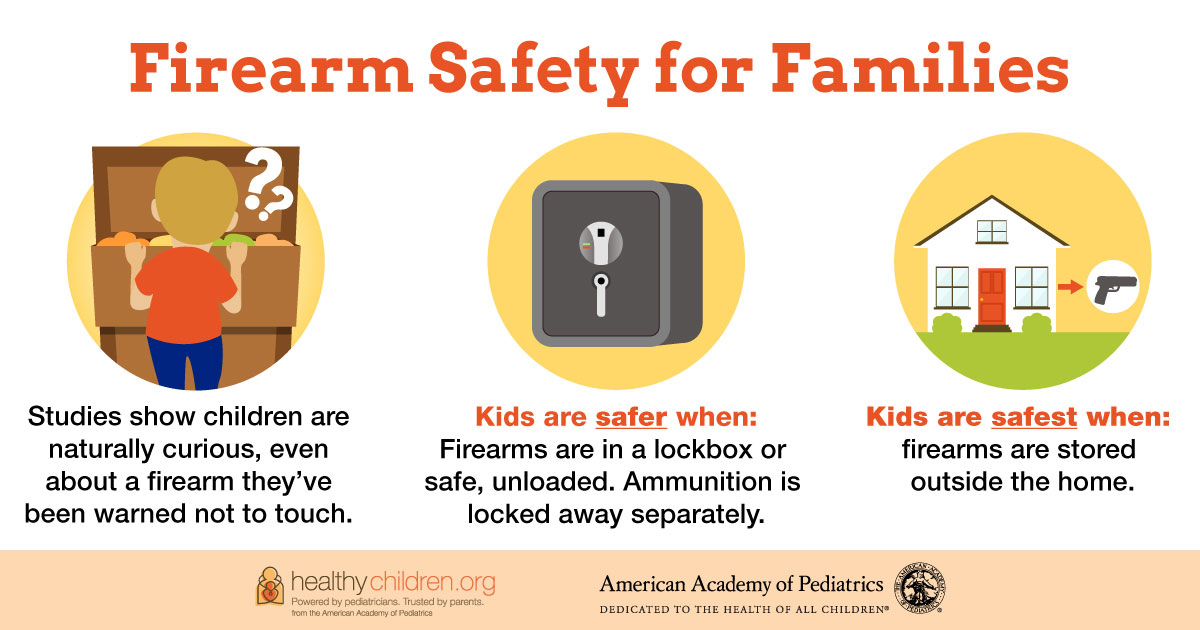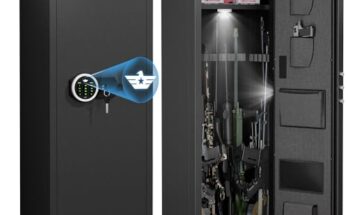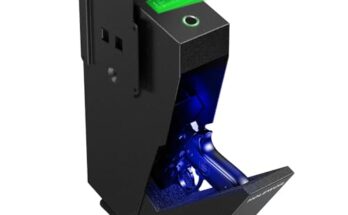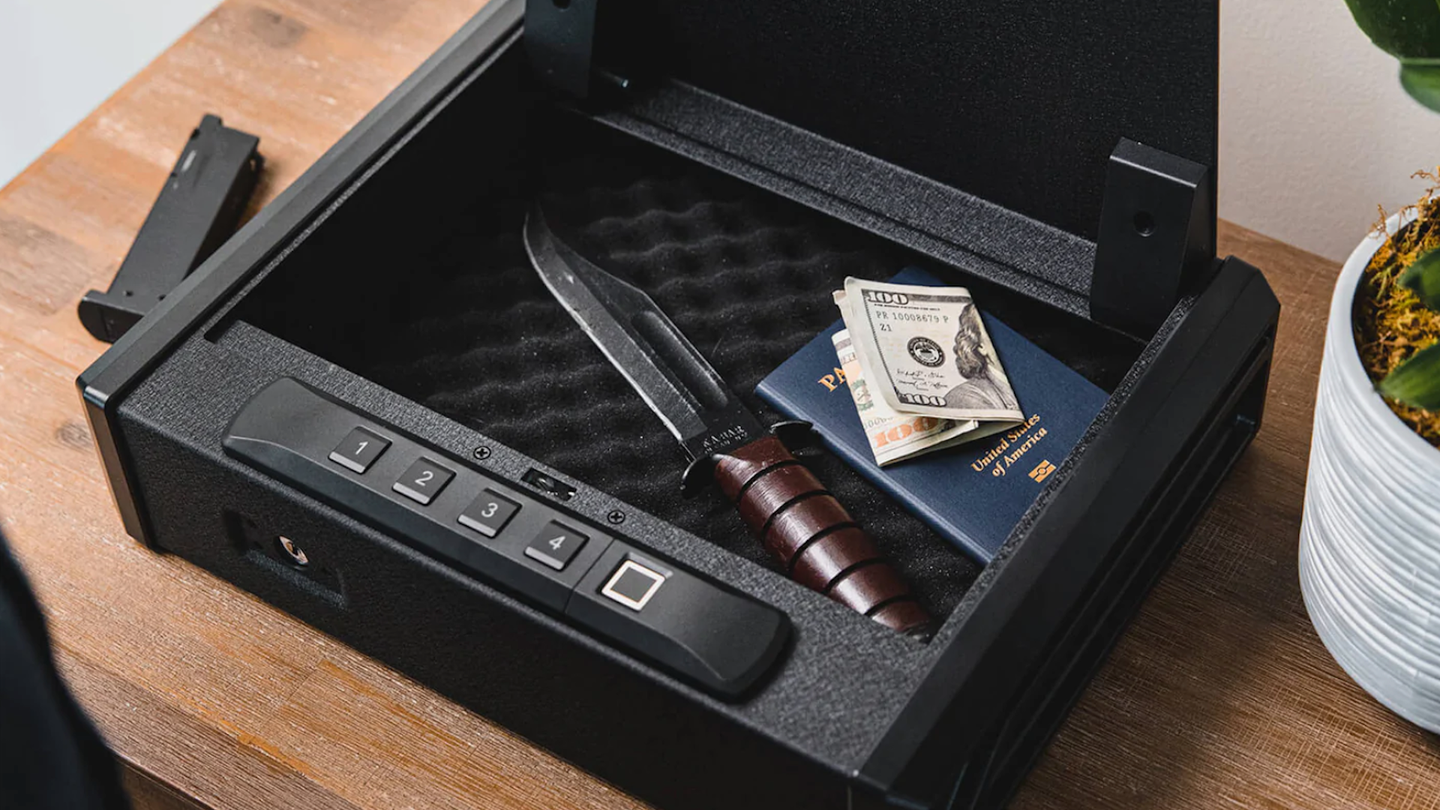No, you are not required to register a gun safe. Registration laws typically apply to firearms rather than storage accessories like safes.
Owning a gun safe is an essential aspect of responsible firearm ownership, offering security for your guns while also keeping them out of the wrong hands. The primary purpose of a gun safe is to provide a secure location for firearms, potentially reducing the risk of theft or accidental injury.
There’s no legal mandate to register this security measure, which means one less piece of paperwork for gun owners. Safety and discretion are paramount, so knowing that your protective measures don’t need additional legal steps can be reassuring. Whether for a handgun or a rifle collection, investing in a quality gun safe without the hassle of registration enhances the safety of your home and peace of mind.
Gun Safe Registration: A Requirement?
Gun Safe Registration: A Requirement?
When securing firearms, a gun safe is a top choice for many. It keeps guns secure from theft and out of reach from children. But the question stands, is registering a gun safe a legal must-do or not? Let’s explore the laws and requirements surrounding gun safe registration.
State Regulations And Variations
Different states have different rules regarding gun safes. Some see registration as a safety step. Others don’t require it at all. It’s vital to check your state’s specific laws. Below is a brief overview of possible state-by-state variances:
- Registration States: A few states might ask for gun safe details.
- Non-Registration States: Most states don’t require gun safe registration.
- Incentive Programs: Certain states offer tax incentives for gun safe purchases.
Federal Law Considerations
At the federal level, there’s no direct mandate to register a gun safe. Gun ownership itself falls under strict regulations, but gun safes escape specific federal laws. Gun owners should focus on compliance with overall firearm regulations.
In summary, for gun safe registration, state laws lead the way. It’s essential to understand your state’s stance on this issue. Remember, safety first. A responsibly stored weapon ensures a safer environment for everyone.
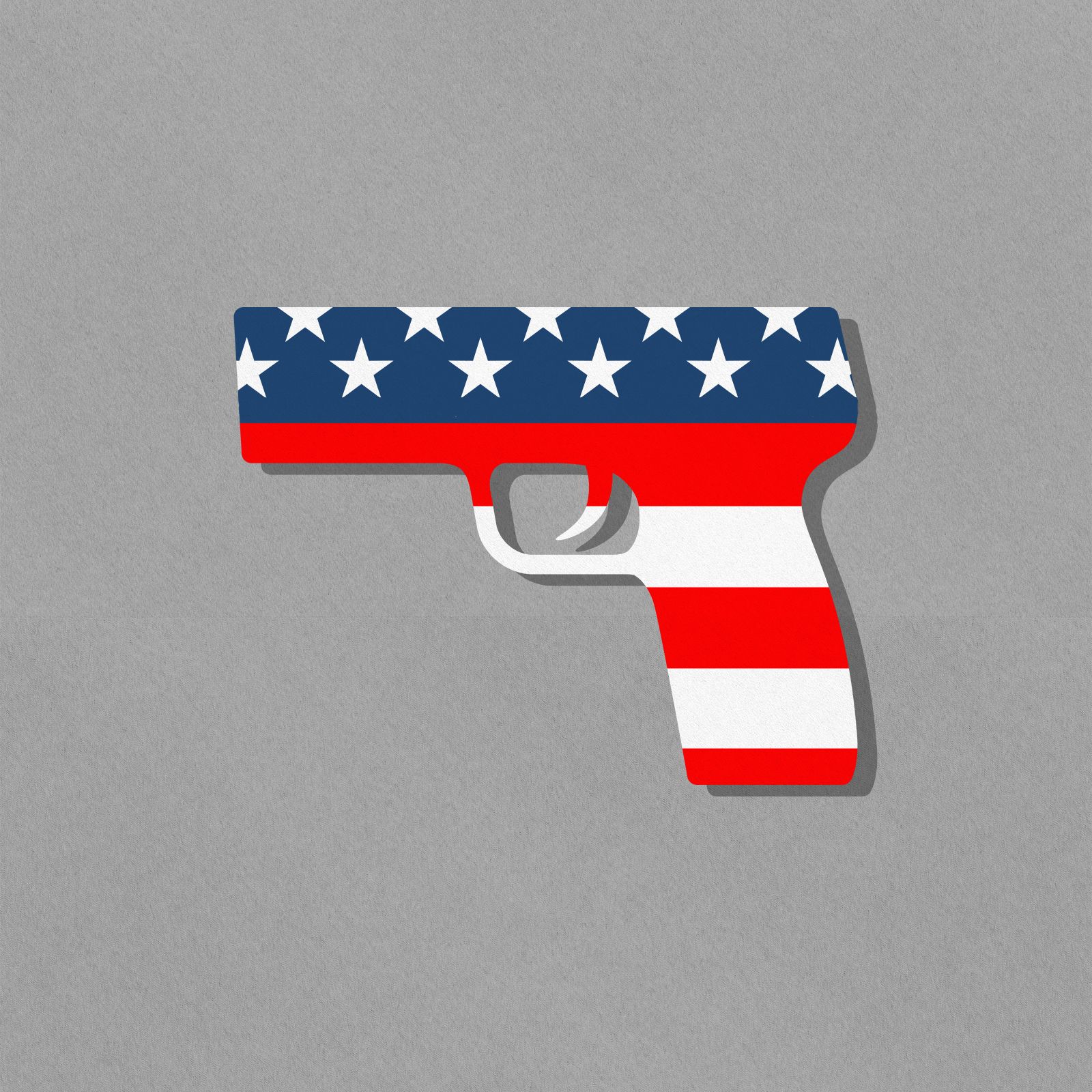
Credit: www.cnn.com
Criteria Dictating Registration
Understanding the need for registering a gun safe depends on various factors. Certain jurisdictions may require registration based on specific criteria such as size and intended use. This section delves into what dictates the necessity for registering your gun safe.
Safe Size And Capacity Factors
Not all gun safes require registration, but size can be a determining factor. Some areas might mandate registration for safes above a certain size or weight.
To gauge if you need to register, consider the following:
- Dimensions: Measure your safe’s height, width, and depth.
- Weight: Check the weight. Heavier safes might need registering.
- Capacity: Count how many guns it holds. Large-capacity safes might be regulated.
- Bolt-down capability: Anchored safes could be treated differently by law.
Differences For Residential Vs. Commercial
Residential gun safes might not always need registration. But, commercial safes often do.
Businesses follow different rules:
- Security Levels: Commercial safes often require higher security levels.
- Inspections: Regular inspections may be needed for commercial use.
- Inventory: A detailed inventory of firearms is important for businesses.
Residential users should check local laws to see if their gun safe must be registered due to these differences.
Rationale Behind Gun Safe Registration
Understanding the rationale behind gun safe registration is crucial. This process involves creating a record of ownership and location for a secure storage device designed to house firearms. It not only keeps guns away from unauthorized users but also assists law enforcement in tracking gun storage and compliance with safety regulations.
Safety Concerns Addressed
Registering a gun safe alleviates various safety concerns. It ensures firearms are stored responsibly. This registration aids in reducing accidents at home, especially those involving children. A secure and registered gun safe helps to maintain a safe environment.
Preventing Gun Theft And Illegal Sales
The primary goal of gun safe registration is to combat gun theft and hinder illegal firearm sales. A registered safe becomes part of a system that can help police recover stolen items. It also deters the funneling of stolen guns into criminal activities. The acquired data can assist in resolving theft cases more swiftly.
- Reduces the chance of guns falling into the wrong hands.
- Helps in tracking lost or stolen firearms.
- Creates accountability for gun owners.
The Process Of Registering Your Gun Safe
The Process of Registering Your Gun Safe not only enhances the security of your firearms but may also be a requirement depending on local laws. Responsible gun ownership includes understanding the legalities associated with securing your weapons. We’ll guide you through the necessary steps to register your gun safe properly.
Documentation You Will Need
To begin the registration, you must gather specific documents:
- Proof of Purchase: A receipt or invoice showing the purchase of your gun safe.
- Owner Identification: A driver’s license, passport, or any government-issued ID card.
- Product Information: Make, model, and serial number of the gun safe.
- Residence Proof: A utility bill or lease agreement confirming your address.
Steps Involved In Registration
- Locate your state’s gun safe registration authority online or through local law enforcement agencies.
- Complete the registration form, either available online or as a paper document.
- Attach all required documentation.
- Submit the form and documents to the authority. This can be by mail, email, or in person.
- Wait for confirmation of registration. It can come via email or post.
Remember to keep copies of all documents and confirmation for your records. Registration ensures that you are following the full scope of local firearm regulations.
Consequences Of Non-registration
The registration of a gun safe is not always a legal requirement. But, ignoring this step might lead to unexpected trouble. Awareness of the potential consequences of non-registration is crucial. This includes understanding both legal implications and insurance policy interactions.
Legal Implications
Some locales may require gun safe registration. Failing to comply can result in:
- Fines: Unregistered safes may attract monetary penalties.
- Legal action: Continued non-compliance could lead to court dates.
- Confiscation: Authorities could seize non-registered safes.
Insurance Policy Interactions
Insurance providers may offer benefits for registered safes. Non-registration might mean:
- Reduced Coverage: Unregistered safe owners might get less financial protection.
- Claim Denials: Unregistered safes can lead to rejected claims.
- Higher Premiums: Without registration, premiums could increase.

Credit: calmatters.org
Additional Measures For Secure Firearm Storage
Storing firearms safely is crucial for every gun owner. A gun safe is the first step. Let us explore additional methods to enhance the security of your firearms.
Beyond The Gun Safe: Other Secure Options
Safety does not stop at owning a gun safe. Consider these options for added security:
- Trigger locks that prevent firing without a key or combination
- Cable locks that block bullets from being chambered
- Locking steel gun cabinets as an alternative
- Biometric gun cases for quick yet secure access
Think about those options as your safety toolkit.
Best Practices For Responsible Gun Owners
Gun ownership comes with much responsibility. Follow these best practices:
- Educate all household members about gun safety.
- Store ammunition separately from firearms.
- Perform regular maintenance checks on your gun safe.
- Consider installing a home alarm system.
These measures will help ensure comprehensive safety.
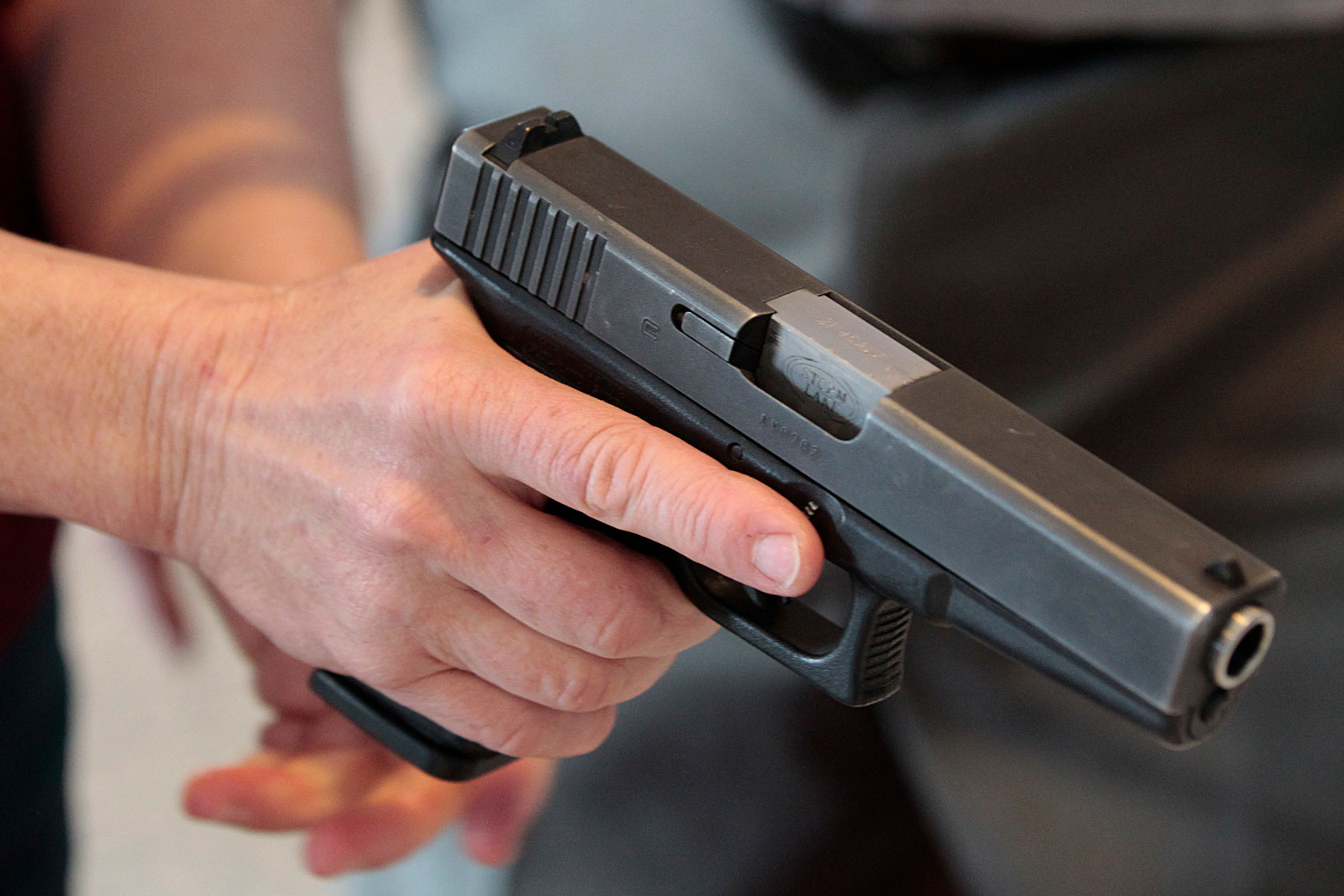
Credit: www.americanprogress.org
Frequently Asked Questions On Do You Have To Register A Gun Safe
Is It Illegal To Have An Unregistered Gun In Texas?
In Texas, owning an unregistered firearm is not illegal under state law. No firearm registration requirement exists in the state.
Does Texas Have Safe Gun Storage Laws?
Texas does not mandate specific safe gun storage laws. Owners are advised to securely store firearms to prevent access by unauthorized users.
Does The Government Know What Guns I Own?
In the US, the government generally does not have a comprehensive registry of individual firearm ownership. Specific gun registration laws can differ by state, with some requiring registration and others not.
Are Gun Safes Required In California?
Yes, California law mandates the use of gun safes or approved safety devices for storing firearms. This ensures secure storage and prevents unauthorized access.
Conclusion
Wrapping up, registering a gun safe isn’t mandated by law, though local regulations can vary. It’s essential to stay informed on state-specific rules. Keeping firearms secure is not just smart—it’s a responsibility. Always prioritize safe storage to ensure peace of mind and safety for all.
